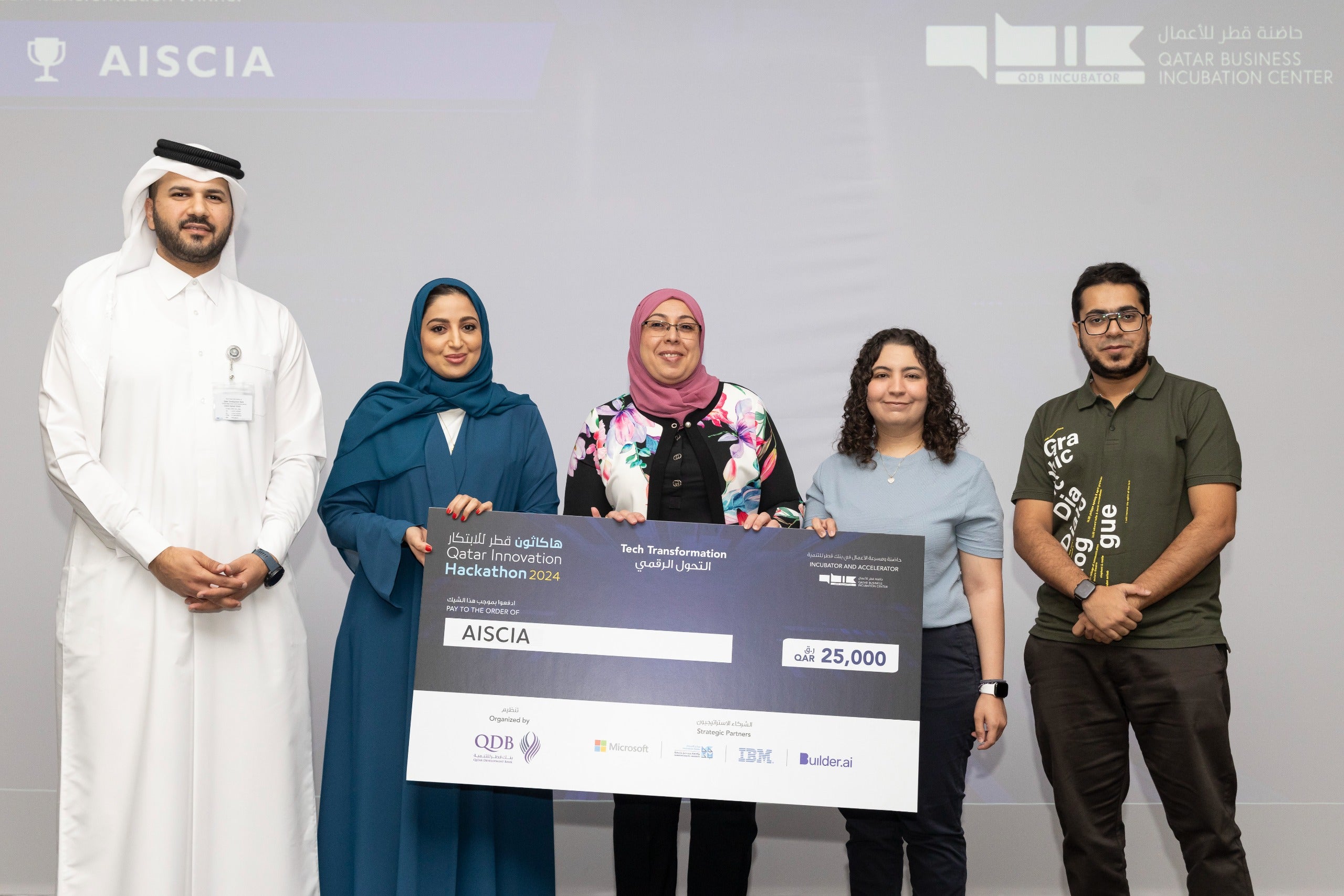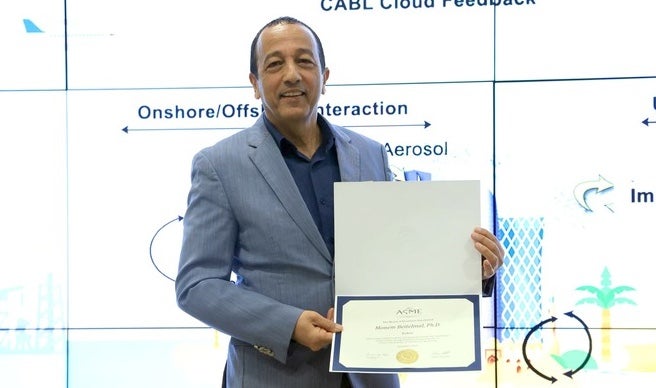Attendees discussed advanced carbon capture efforts, startups, and more

In a continued effort to advance environmental sustainability, Hamad Bin Khalifa University’s (HBKU) Qatar Environment and Energy Research Institute (QEERI) hosted the second CO2 Cluster Steering Committee (CSC) meeting. This meeting marks further progress in the CCUS project, an initiative funded by the CO2 Cluster under the Qatar Research Development and Innovation Council (QRDI) and a grant from the Qatar National Research Fund (QNRF). The project brings together organizations, including Texas A&M University in Qatar, Qatar University, Ministry of Environment and Climate Change (MOECC), Ministry of Municipality (MoM), Kahramaa, Al-Attiyah Foundation and QatarEnergy, to drive innovative solutions for carbon emissions reduction.
The CO2 Cluster project is strategically designed to support Qatar’s commitment to addressing climate change, advancing technologies for Net-Zero emissions, and fostering a carbon circular economy. It also plays a role in building local research capacity and strengthening national partnerships in carbon management.
During the meeting, Dr. Abdulkarem Amhamed, Principal Scientist, QEERI, and CCUS Cluster Program Director, provided an update on the latest advancements, emphasizing the project’s progress in direct air capture (DAC) technology. The initiative has successfully developed advanced materials and innovative CO2 adsorption and regeneration processes that promise to reduce energy consumption compared to conventional methods. A key focus is integrating DAC technology into HVAC systems, enabling efficient CO2 capture from ambient air. The captured CO2 will then be converted into valuable platform chemicals through electro-catalytic conversion cells, reinforcing sustainable carbon utilization strategies.
Dr. Abdulkarem shared a new milestone, the launch of acDAC 12, a startup that aims to drive impact. With high-impact journal publications, policy frameworks and around 10 patents, the project has laid a foundation for innovation. Recognizing the need to translate research into action, acDAC 12 was established to commercialize DAC technologies and bridge the gap between laboratory research and industrial applications. This startup embodies the project’s success, with the potential to contribute its scientific findings to widespread carbon reduction efforts. By scaling DAC solutions for real-world implementation, acDAC 12 is set to play a role in shaping a sustainable, low-carbon future.
An important highlight of the meeting was the announcement of a novel carbon management platform set to launch in three months. This platform will provide a centralized hub for monitoring, analyzing, and optimizing CO2 capture and utilization processes. It is designed to enhance collaboration among stakeholders, streamline data-driven decision-making, and accelerate the commercialization of carbon capture technologies.
As the CCUS cluster project continues to expand its reach, QEERI and its partners remain committed to their mission to develop and deploy advanced carbon capture technologies. The developments showcased in the second CSC meeting highlight the project’s contributions to Qatar’s carbon management strategy and its vision for a sustainable, low-carbon future.







